
In this newsletter:
QUBES News
-Featured Partner of the Month: Networking STEM Initiatives to Enhance (NSITE) Adoption of Evidence-based Practices
-QUBES Fall 2019 Faculty Mentoring Networks - Applications now open!
-QUBES Projects now support Google Drive connections
-Session on NSF funding opportunities at 2019 QUBES/BioQUEST summer workshop
-New blog post by QUBES team member asks how the math community can contribute to discussions on equity in data science
-Connections made at a past QUBES/BioQUEST summer workshop result in recent publications
-Social media love: Tweets about QUBES
News from QUBES Partners
-New Passion-Driven Statistics e-book now available
-Register for SABER workshop on using assessment to promote quantitative reasoning curriculum reform
-Apply today for the 2019 Build A Genome Network Workshop
-Project EDDIE hosting a Module Development Workshop in October 2019
-Looking for instructors to field test a new non-majors biology textbook
Featured QUBES Partner of the Month: Networking STEM Initiatives to Enhance (NSITE) Adoption of Evidence-based Practices
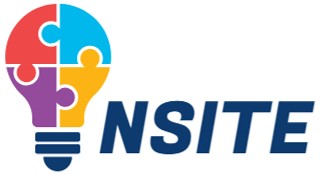
QUBES partners with organizations and groups who are doing exciting things in undergraduate education. Every so often we select one of these partners to feature in our newsletter to raise awareness of their work, celebrate recent activities, and announce upcoming opportunities.
This month’s featured QUBES partner is Networking STEM Initiatives to Enhance (NSITE) Adoption of Evidence-based Practices. NSITE is a Research Coordination Network with the ultimate goal of improving retention of a large and diverse student population in STEM. To achieve this goal, NSITE is bringing together multiple initiatives that individually approach this problem from unique angles, but work in parallel rather than as a coordinated effort. NSITE is using a Networked Improvement Community approach to foster communication, coordination, and collaboration among these initiatives.
NSITE’s opening meeting in Phoenix, AZ in April 2019 brought together ten prominent STEM reform initiatives, including QUBES/BioQUEST. Over time, the network will expand to include additional STEM initiatives.
To stay up to date with NSITE activities, you can check out their calendar and/or download the .ics file to your computer.
QUBES Fall 2019 Faculty Mentoring Networks - Applications now open!
QUBES offers professional development opportunities for educators called Faculty Mentoring Networks (FMNs). The list of Fall 2019 FMNs is now available! We will be highlighting all of the FMN opportunities over the next two months in the June and July newsletters. This month, we are highlighting two of the FMNs that have early application deadlines of July 22. Read about them below and apply today!
Biodiversity Literacy in Undergraduate Education (BLUE) Faculty Mentoring Network
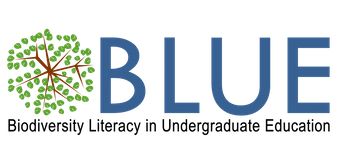
Do you want to learn more about the data coming from natural history collections? Are you interested in adopting modules that use natural history collections and biodiversity data? Are you looking for data driven exercises and modules that can help deliver ecology and evolutionary biology content? Do you have a data driven exercise based on collections data that you would like to tweak and assess?
Participants in this FMN will learn about the potential data and tools coming from the biodiversity community, and then use the tools and resources to implement data-driven modules in undergraduate biology courses. Accepted applicants will customize and implement existing or newly designed educational modules from a range of ecology and evolution topics. Bi-weekly meetings will be a combination of informational webinars, hands on exercises, community discussions, and one-on-one mentoring.
Applications are due July 22, 2019.
Please visit https://qubeshub.org/community/groups/blue2019 for additional information and instructions on how to apply.
NEON Data Education Fellows Faculty Mentoring Network
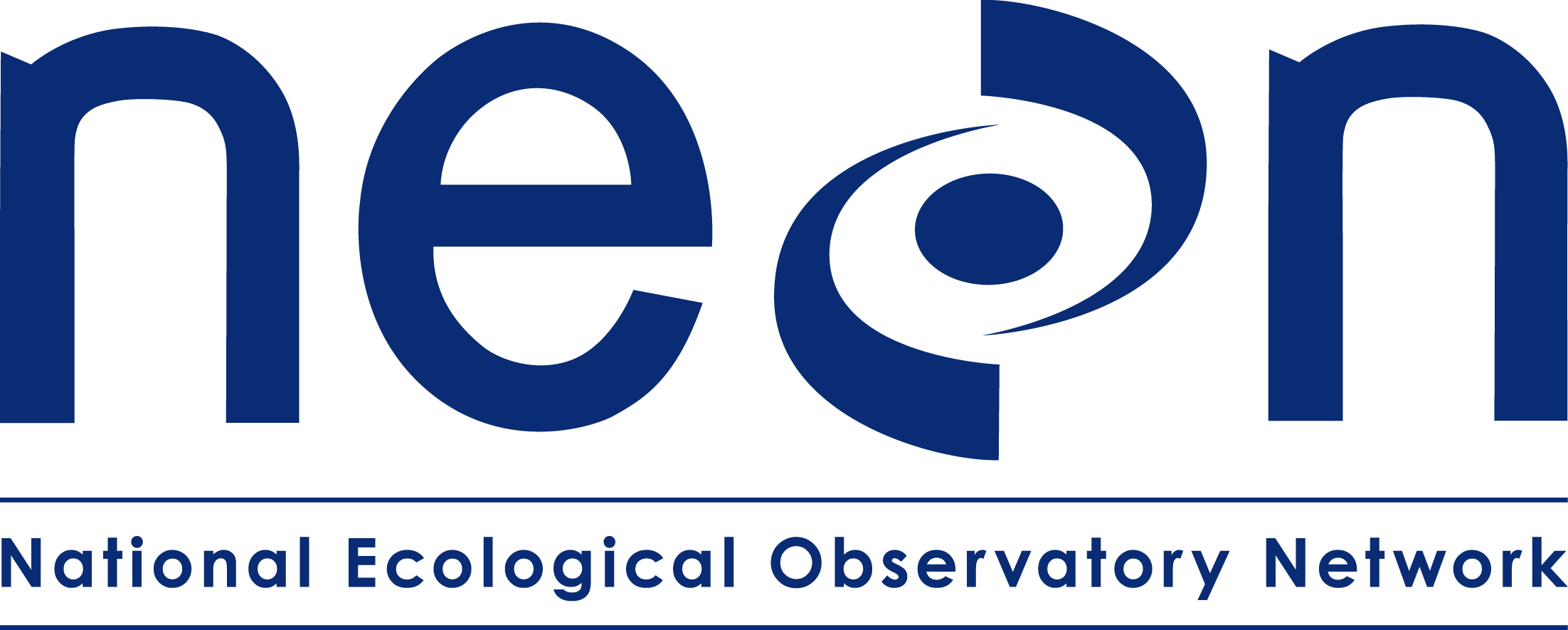
Interested in adding quantitative reasoning and ecological data to your classroom? Join the NEON Data Education Fellows FMN to implement existing educational materials using data from the National Ecological Observatory Network (NEON). Topics range from plant phenology to earth-atmosphere gas exchange to ecological disturbance. Already teaching with NEON data? Join the FMN to share your education resource with others and prepare it for publication.
Applications are due July 22, 2019
Please visit https://qubeshub.org/community/groups/neon2018 for additional information and instructions on how to apply.
If you have questions, contact Megan Jones (mjones01@BattelleEcology.org)
QUBES Projects now support Google Drive connections

A key feature that makes QUBES Projects ideal for group work is file storage and sharing. In addition to a Master Repository where groups can upload files directly from their computer, Projects also offer the option to connect to outside file repositories, such as Google Drive. If your group is using Google Docs, Sheets, Slides, etc., check out our new Knowledge Base article for instructions on how to connect your Google Drive directory to a QUBES Project. Connect today to enhance your group’s ability to get stuff done.
Session on NSF funding opportunities at 2019 QUBES/BioQUEST summer workshop

For those attending the 2019 QUBES/BioQUEST summer workshop, be sure to check out the session on Monday, July 15 entitled “Current Funding Opportunities at the National Science Foundation” by Mark Pauley. Mark is a program officer at NSF with firsthand knowledge of the funding opportunities in the NSF Divisions of Undergraduate Education (DUE) and Biological Infrastructure (DBI). Tips and suggestions for writing competitive proposals will also be discussed. To learn what other sessions will be offered, visit the Sessions page on the workshop website.
New blog post by QUBES team member asks how the math community can contribute to discussions on equity in data science
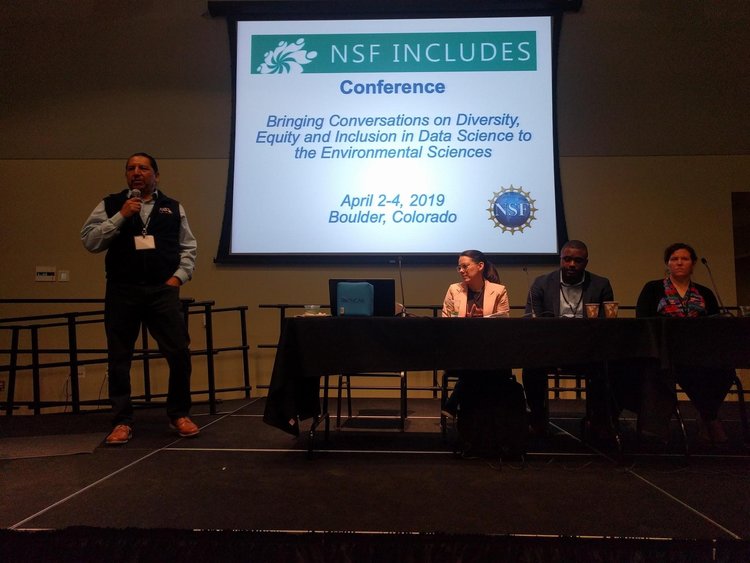
After following the conversations at two recent conferences - Bringing Conversations on Diversity, Equity, and Inclusion in Data Science to the Environmental Sciences and the 2nd Ethics and Mathematics Conference - Carrie Diaz Eaton, Director of QUBES Consortium, began to consider how the math community can position themselves to support inclusivity specifically in the realm of data science education. Read more about her thoughts in her blog post on the Mathematical Association of America website.
Connections made at a past QUBES/BioQUEST summer workshop result in recent publications

Two recent publications in The American Biology Teacher have their roots in the 2017 QUBES/BioQUEST summer workshop. The collaboration around the paper by Bonner et al. (2019) began as a working group at the meeting, while the publication by Kirby et al. (2019) was facilitated through a professional connection made at the meeting. Both papers focus on novel methods for teaching quantitative skills in the biology classroom:
Kaitlin Bonner, Denise Piechnik, Jennifer Kovacs, Alexa Warwick, Peter White. Clam spawning & red tide: Helping students learn the Hardy-Weinberg equilibrium. The American Biology Teacher. Vol. 81 No. 5, May 2019; (pp. 366-371) DOI: 10.1525/abt.2019.81.5.366
Caitlin K. Kirby, Arietta Fleming-Davies, Peter J. T. White. The Figure of the Day: A classroom activity to improve students' figure creation skills in biology. The American Biology Teacher. Vol. 81 No. 5, May 2019; (pp. 317-325) DOI: 10.1525/abt.2019.81.5.317
Social media love: Tweets about QUBES
Each month we will be highlighting one or more Tweets that show how people are using QUBES. If you have a Twitter account, you can follow us @qubeshub. This month’s tweet is from a QUBES Faculty Mentoring Network participant whose work was featured as a QUBES Resource of the Week:

New Passion-Driven Statistics e-book now available

Passion-Driven Statistics is an NSF-funded, multidisciplinary, project-based curriculum that supports students in conducting data-driven research, asking original questions, and communicating methods and results using the language of statistics. The curriculum supports students to work with existing data covering psychology, health, earth science, government, business, education, ecology and more. From existing data, students are able to pose questions of personal interest and then use statistical software (e.g. SAS, R, Python, Stata, SPSS) to answer them. The e-book is presented in pdf format for ease of use across platforms. It can also be customized by downloading and editing the .iba file using the free “iBook Author” software.
View and download the e-book and the customizable .iba file:
Dierker, L. (2019). Passion-Driven Statistics. Passion-driven Statistics, QUBES Educational Resources. doi:10.25334/Q4MQ9K
For more information, contact Lisa Dierker, ldierker@wesleyan.edu or check out the Passion-Driven Statistics website at https://passiondrivenstatistics.com/
Register for SABER workshop on using assessment to promote quantitative reasoning curriculum reform
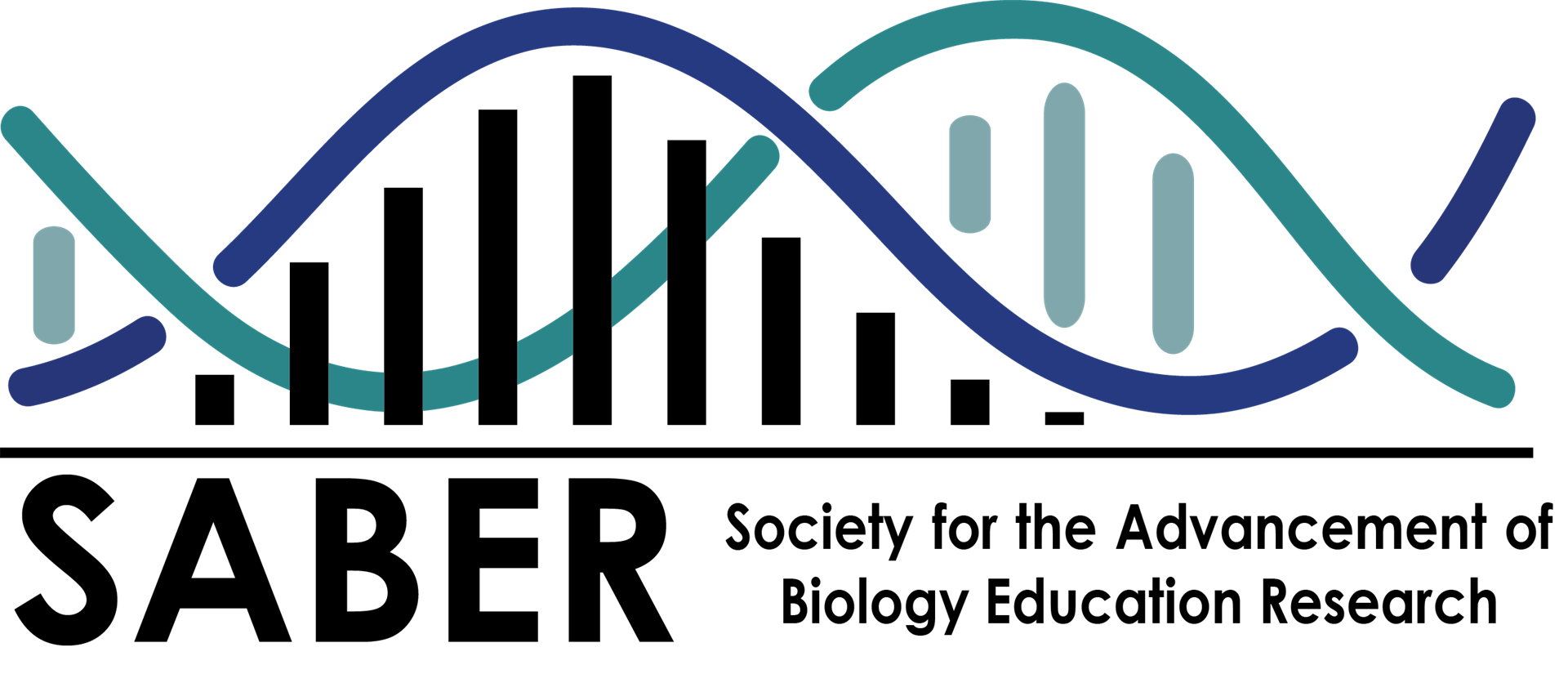
BioSquare is organizing a workshop entitled “Combining forces to use assessment to promote enduring quantitative reasoning curricular reform” to take place Friday, July 26 (8:30 am - 12:30 pm) at the University of Minnesota as part of the 2019 National Meeting for the Society for the Advancement of Biology Education Research (SABER). The goal of this workshop is to identify a set of resources and a vision for how educators can strengthen the use of assessment in effecting lasting improvements to prepare biology students for increasingly quantitative careers.
The target audience is faculty with experience using assessment tools for curricular reform and practitioners interested in further development and implementation of resources associated with quantitative skills assessment.
Learn more and register today!
Apply today for the 2019 Build A Genome Network Workshop
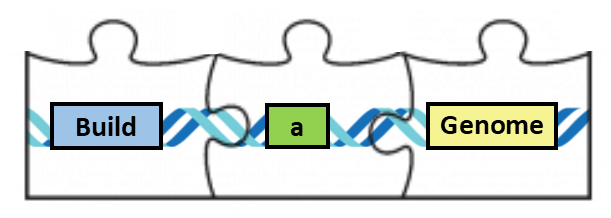
The Build A Genome Network is offering their first annual workshop from August 15-18, 2019 at Loyola University Maryland, Baltimore, MD. The goals of the workshop are:
- To introduce faculty to the field of synthetic biology (and specifically synthetic genomics)
- To provide faculty with the resources and tools to be able to implement the Build A Genome course and workflow at their home institutions
- To bring together diverse experts to share their knowledge of the field and their experiences with the course and its implementation.
A draft conference program is available. Applications will be accepted until the workshop fills.
Project EDDIE hosting a Module Development Workshop in October 2019

The 2.5-day face-to-face workshop will focus on participants designing flexible EDDIE teaching modules that pair scientific concepts and quantitative reasoning with teaching with data. Module topics, proposed by the participants, will span topics such as ecology, limnology, geology, hydrology, and environmental sciences. Each module will focus on specific scientific concepts and address a set of quantitative reasoning or analytical skills using large datasets that are available online. Workshop attendees will include instructors from different disciplines and institution types and will be selected through an application process. The application deadline for applications is August 25th. Participants will be expected to develop and teach their module, as well as revise and publish it to the Project EDDIE website by the end of June 2020, and will be provided a stipend for their work.
Learn more on the workshop overview page and apply.
Looking for instructors to field test a new non-majors biology textbook
The authors of the new textbook Biology for the Global Citizen are looking for instructors to class-test the material in Fall 2020. This textbook for non-majors biology offers case studies with content relatable to current events, a brief overview of each biological topic, laboratory/in-class/homework exercises using computer simulations, and in-class/out-of-class active learning assignments. The cost of the book is estimated to be $72.95 with $24.95 for access to the Active Learning site. Major components of the text include “Cells: Basic to Life,” “Genetics/ Genome,” “Evolution/ Natural Selection,” and “Environment & Ecology.”
If you are interested in piloting this text, please contact one of the authors:
Angela Shiflet, shifletab@wofford.edu
George Shiflet, shifletgw@wofford.edu
Pat Pendarvis, murray.pendarvis@selu.edu
Do you have a product or result from a QUBES sponsored activity? Help us measure our success by sharing your product or result with QUBES. Learn how to cite QUBES.
|